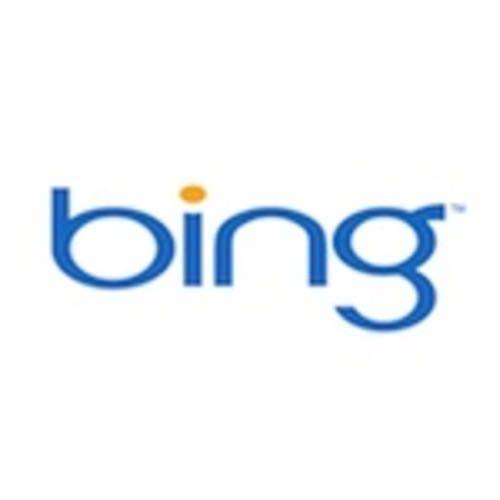The “realist” view on Microsoft’s future is that Windows and Microsoft Office licenses will continue to be the company’s bread and butter, and that enterprise-focused cloud initiatives like Azure and Office 365 will supplement this growth. In this view Microsoft’s struggles in mobile, the rapid growth of Apple and the proliferation of Linux aren’t real threats to the company. After all, even though OSX and Linux are growing faster than Windows, Windows is still growing. And it’s too early to write Microsoft out of the mobile game, before its partnership with Nokia comes to fruition and before it even releases its tablets. It’s a reasonable view of where things are going.

Then there’s the other vision, which we might call the Cassandra version.
In this vision, Microsoft loses out in the operating system wars, Office becomes less relevant in the market and Microsoft’s mobile ambitions were doomed from the start. This view sees Office 365 losing out to Google Docs and Azure losing out to the plethora of alternatives. Bing might be Microsoft’s only hope in this view, and even that’s a long shot.
TechCrunch’s MG Siegler has called Microsoft’s Online Services “the worst Internet startup ever” because of its massive losses ($726 million last quarter).
Bing gained traction this year, but may already be slipping in popularity. And as Siegler wrote last year “While Microsoft is monetizing Bing, they’re also spending a huge amount advertising it to get the eyeballs they eventually monetize.”
But what if Bing’s real value is in its APIs and SDKs, not its consumer facing side?
The comments of our poll on Google’s pending closure of several APIs including this comment from STHayden:
At work we wanted to use the translation api but they don’t allow storage in a db and don’t have any comercial license. We went with bing because they had a commercial license we could pay for.
We’ve mentioned before that some new startups are taking an API-only approach to doing business. Microsoft obviously isn’t going to get rid of its Bing branded sites, but would it make sense for the company to focus on its Bing APIs as a revenue generator? It’s an unproven model, and new APIs continually popping up, but it’s an interesting possibility. Microsoft could become a big time data broker and provider of “plumbing” for applications and services that run on any number of platforms and devices.
We’ve covered some of Microsoft’s other big data projects, but it’s not clear yet how the company plans to turn big data into big money. Targeting developers could be just the ticket.
Microsoft does have one initiative along these lines already: Windows Azure DataMarket, which lets companies sell data through REST-based APIs.

















